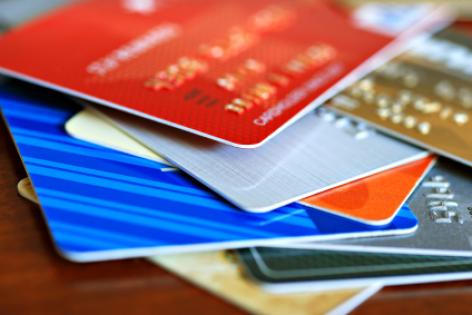It’s that moment in the New Year that so many of us dread: the credit card statement that clearly spells out how much has been spent over Christmas – not the best start to 2013.
“The Christmas and New Year period is quite possibly the most expensive time of the year, buying presents, hosting friends and family with extraordinary feasts and drinks, maybe even going away for a few days, and it all adds up,” says Wayne Matters, Chief Financial Officer of Community CPS Australia.
“If you woke up with a holiday debt hangover try focusing on avoiding high interest charges, which are often much higher on credit cards, by clearing the debt as quickly as possible.
“If you can, clear the balance completely when due, but if you don’t have savings or the cashflow to do this, then investigate alternatives such as refinancing the debt at a lower interest rate,” he said.
“Some might have the capacity to redraw on their home loan, where the interest rate is much lower than a credit card, or consider taking out a personal loan.”
However, Mr Matters says for this strategy to succeed it is vital for consumers to increase loan repayments so the credit card portion of the owed amount is cleared as quickly as possible.
“Make a mini budget that allows you to repay the holiday debt over a few months, otherwise you wind up stretching a $2,000 debt over a 20-year home loan, which will cost more in interest and extend the life of the debt,” he said.
“While you’re clearing the balance, be careful about how you use your credit card and only spend what you can afford to repay at the end of the month.”
Mr Matters says while clearing the 2012 debt, consumers can already lay the groundwork for the 2013 festive season to avoid the same situation again.
“If you have landed in January with a nasty credit card debt, the important thing is to avoid the same thing happening next year,” he said.

















__small.png)










